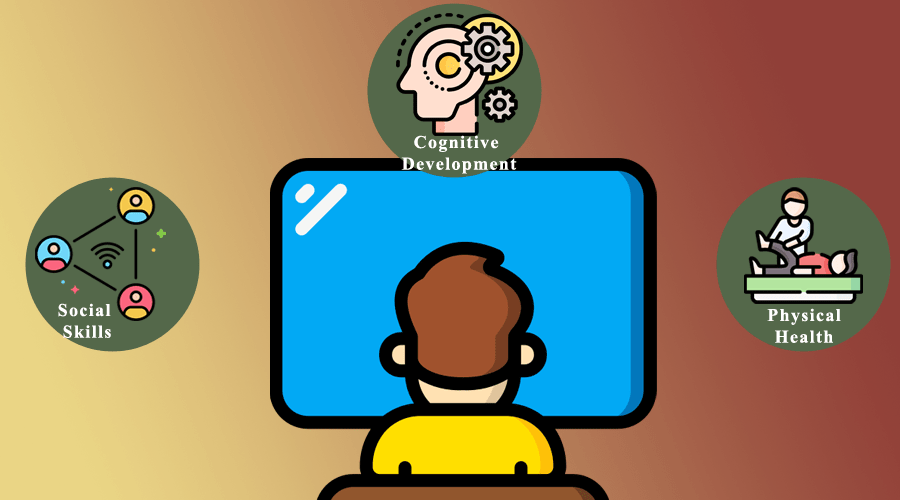Impact of Screen Time on Toddler Development

Screens offer a world of entertainment, but are they robbing our children of the essential experiences they need to grow?
The effect of screen time on the development of toddlers has become major issues to a parent and caregiver. Science consistently indicates that excessive exposure to screens damages young children and can cause a number of developmental issues.
Developmental Concerns
Cognitive Development
Excessive screen use can impede cognitive development in toddlers. Although the child’s brain grows a lot during early childhood, it requires stimulation in the form of reading, conversation, and hands-on exploration. If toddlers spend a lot of time on screens, they will experience delay to learn language and poor sustained attention.
For example, a child with a lot of television viewing might find it difficult to learn new words compared to a child who engages more in interactive games or being read to. This is particularly concerning because such early years are the foundations for future learning.
Social Skills
Social development is also a field that can be harmed by excessive screen time. Toddlers learn communication, empathy, and understanding of social cues directly through interactions with caregivers and peers. When screen time replaces face-to-face interaction, children miss out on experiences to develop these social skills.
Take a toddler who spends most of their day with a tablet rather than playing with other kids. Such a child may struggle with sharing, taking turns, or even identifying simple emotions in others. These are things that cannot be substituted and are the building blocks of appropriate social development.
Physical Health
Physical health is also at risk when screen time is excessive. Toddlers need much physical activity to maintain healthy, developing bodies and minds. When screen time occupies most of their day, they will be most likely to develop a sedentary lifestyle, which can lead to obesity and other health problems.
For example, a child playing for hours on a tablet can miss essential playtime, playing outside, or even simple movement like crawling and climbing. Encouraging physical activity is not only essential for physical health but for the development of motor skills and general well-being.
Recommendations for Screen Time
To encourage proper growth, experts recommend keeping screen time under close observation and limited for toddlers. The American Academy of Pediatrics outlines the following guidance:
Under 18 months
Screen media should be avoided aside from video chatting to allow toddlers to view relatives and friends and have face-to-face interaction.
18 to 24 months
If parents decide to expose children to digital media, they need to pick good-quality programming. Viewing together allows parents to help their child’s comprehension and interaction with the content.
2 to 5 years
One hour of screen time per day, using high-quality programs. Parents must engage actively, assisting children in interpreting and applying what they watch, so that screen time is a common learning experience.
Positive Aspects
While legitimate concerns about screen time exist, it must be emphasized that not everything on screen is bad. Educational programs can be a good learning experiences, especially when parents or guardians are involved. For instance, a parent watching an educational program with his or her child can ask questions, provide explanations, and extend learning outside the screen. Such dialogue can transform passive watching into an active learning experience, making screen time more positive.
Conclusion
In conclusion, although screen time can have educational benefits, particularly if utilized wisely, excessive use could disrupt a toddler’s cognitive, social, and physical growth. Parents need to monitor and limit screen time strictly, with priority given to quality content and interactive play. In moderation, parents can ensure toddlers learn skills required for sound development during this critical period.